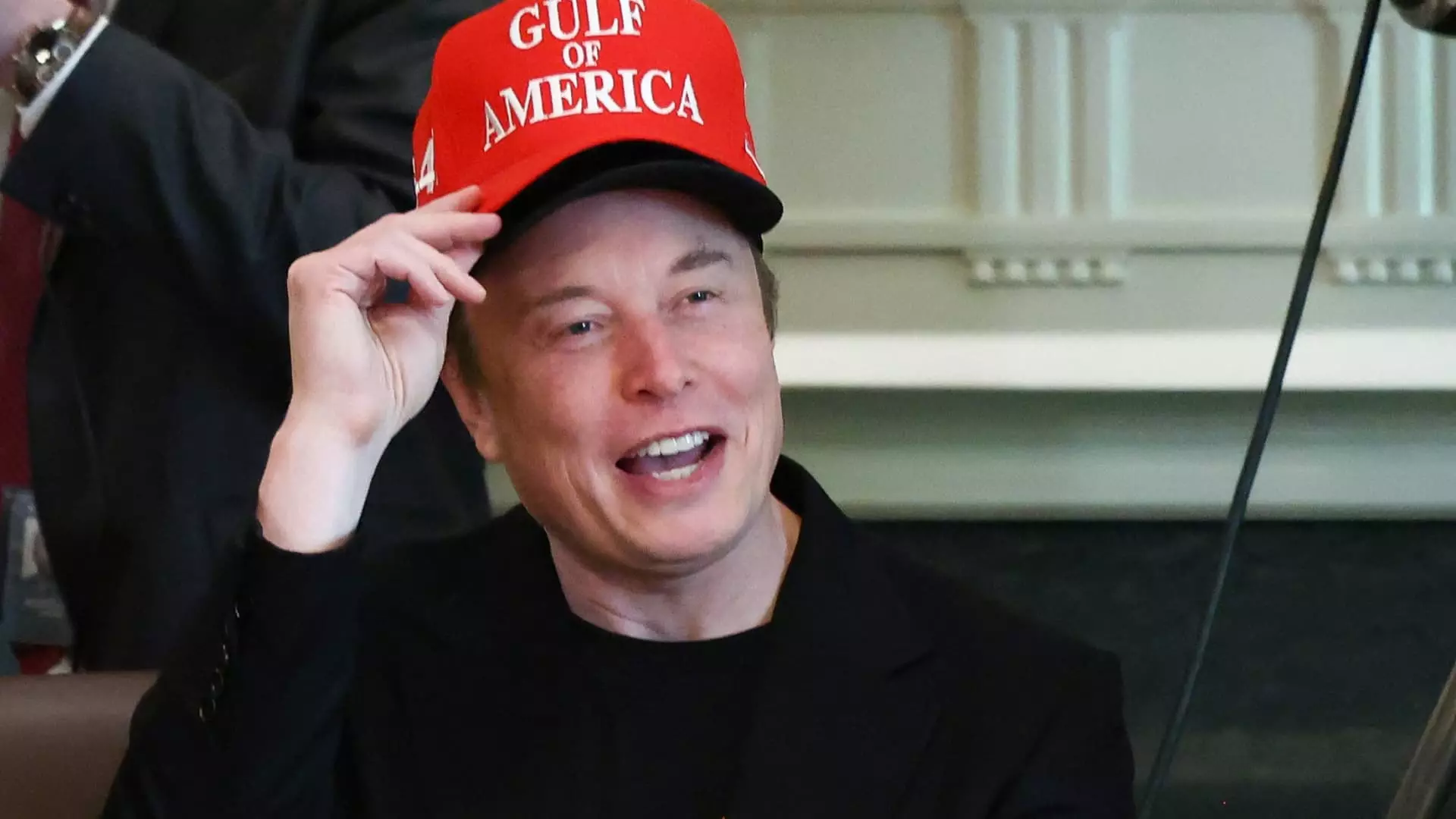Elon Musk’s recent departure from his government role shines a powerful spotlight on the ongoing tension between innovation and traditional governmental frameworks. His tenure at the Department of Government Efficiency was drastically marked by a promise to drastically cut down on wasteful spending—a noble goal that resonated with many who have long criticized bureaucratic inefficiencies. However, it is essential to question: was Musk’s approach genuinely transformative, or merely superficial? The answer lies in the stark realization that while he aimed to streamline operations, his influence often mirrored that of a tech mogul more interested in self-promotion than systemic change.
A Dual Focus: Government and Industry
Musk’s simultaneous roles in both government and corporate sectors reveal a stark conflict of interest. As the CEO of Tesla and SpaceX, he occupies a unique stratum that allows him to impose his vision on public policy while simultaneously benefiting financially. This duality complicates public perception; is he a reformer fighting against government inefficiency, or a corporate titan maneuvering for personal gain? The critical concern here is the erosion of accountability. His recent criticism of a Trump administration spending bill proves that his loyalties lie more closely aligned with his corporate bottom line than with the taxpayers he superficially claims to serve.
The DOGE Initiative: A New Beacon or a Fading Star?
The DOGE initiative aimed to revolutionize government efficiency, yet it now appears to teeter on the brink of obscurity as Musk shifts focus back to his businesses. His insistence that the mission will strengthen over time sounds disingenuous, especially when his commitment wanes. It seems that his vision for DOGE may be less about genuine transformation and more about capturing attention in a media-saturated environment. Moreover, he has now openly acknowledged his diminishing involvement in the initiative, leading one to wonder about the long-term sustainability of these reforms without his charismatic leadership.
Legal Woes Looming Large
With Musk’s departure comes an avalanche of legal troubles. As federal investigations loom and accusations of misconduct proliferate, his ability to navigate these legal waters will define his legacy—not only within his companies but in the political spectrum as well. The scrutiny from pension fund leaders urging Tesla’s board to hold Musk accountable is indicative of growing dissent from stakeholders who are beginning to recognize the risks involved in Musk’s multi-faceted interests. This juxtaposition of power and accountability calls into question whether a leader who blurs the lines between public service and private ambition can enact meaningful reform.
The Future: A Fateful Intersection
Ultimately, Musk’s exit leaves us at a crossroads of expectation and reality. Does America need mavericks like him in positions of power, or do we require a return to more traditional forms of governance to ensure accountability? While Musk’s innovative spirit is undeniable, one must ponder the effectiveness of relying on billionaires to drive governmental reform. The challenge will not just be his personal repositioning, but whether the overarching systems can withstand the disruptions caused by figures like him. Whether Musk can pivot back to the private sector without losing his influence in governance remains a critical point of contention.

